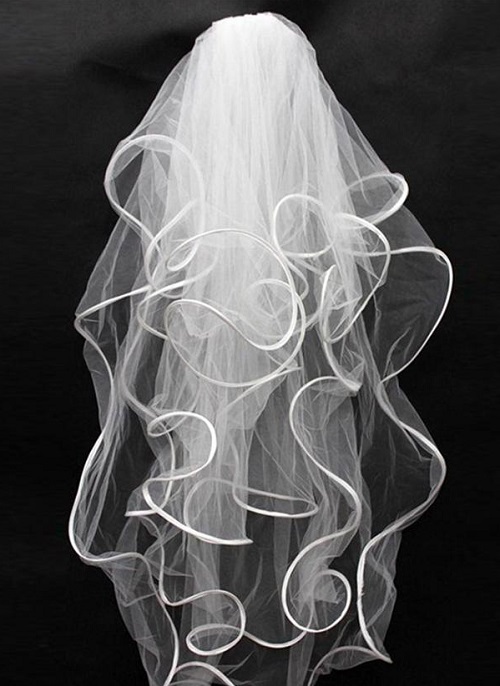FWP:
SETS
BEKHUDI: {21,6}
VEIL: {6,1}
As always, I use the spelling 'self-lessness' to distinguish this usefully literal translation from the normal English word 'selflessness' (meaning 'unselfishness').
Everybody likes (2a), and quite understandably-- it fits into the general frame of the lover's (half-conscious) trickiness. Is he tricking himself, or the beloved, and/or the bystanders? It hardly matters-- the lover's deep wish for privacy and concealment (preferably by wandering off into the desert) meshes perfectly with the beloved's yen for respectability and good repute. The lover's state of mystical rapture or trance-- a wandering in the spiritual desert-- satisfies both purposes at once; it is a kind of tactic, one that's adopted for good reason.
But I like (2b) even better, in its radical inscrutability. The veiled thing is so obscure that it can't even be named. Is it a real Divine presence? Is it a mere glimmer of something beyond this transitory physical world? Whatever it is, it's powerful-- it's somehow causing or forcing or producing the 'self-lessness'. It can only be dimly glimpsed or sensed, behind the veil-- but its undefinability, its dense mysteriousness, make it all the more powerful.
It reminds me of a verse of Zafar's:
diyaa apnii ;xvudii ko jo ham ne mi;Taa
vuh jo pardah-saa biich me;N thaa nah rahaa
rahaa parde me;N ab nah vuh pardah-nashii;N ko))ii duusra us ke sivaa nah
rahaa
[when we erased our self, that veil-like thing did not remain
any longer between
now that veiled one didn't remain within the veil, no one other than that
one remained]
I've translated it with deliberate awkwardness, to show how multivalent the grammar really is: by the end of the second line, how many entities are left, and which ones exactly?
Our Urdu poetry group, people from different parts of India and Pakistan, unanimously maintained (Aug. 2022) that the whole second line, word for word, is a common expression of distrust and suspicion, like 'Something is rotten in Denmark' or 'There's no smoke without fire'. If we imagine that the expression was current in Ghalib's day as well, the verse acquires an extra dimension of darkly idiomatic relish.

Nazm:
That is, this self-lessness is in order to hide the secret of passion. (179)
== Nazm page 179